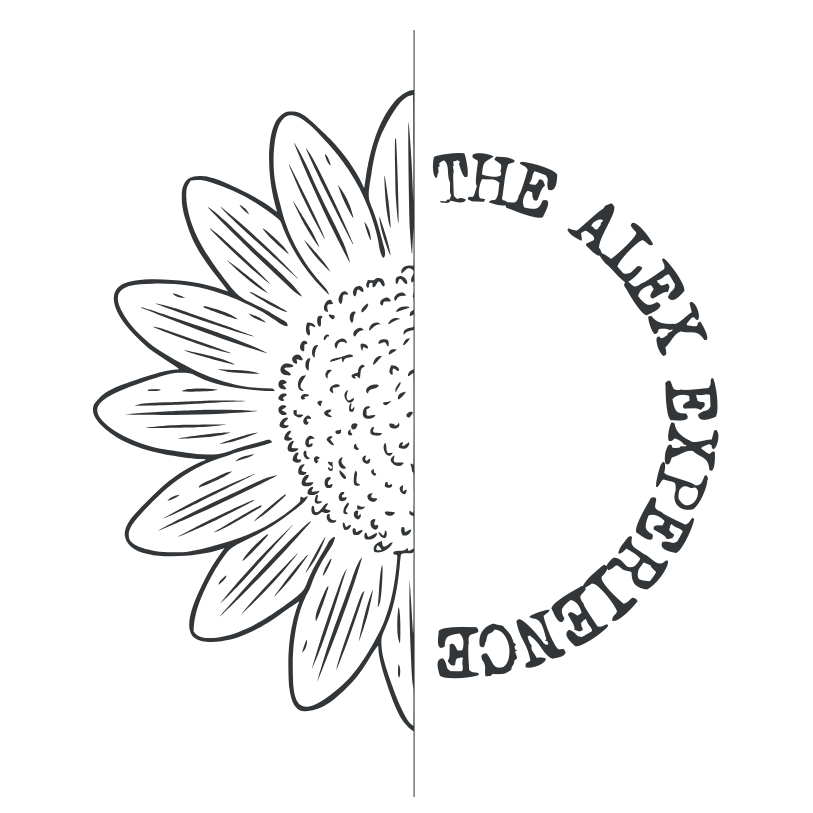15 Things to Look For in Your Psychedelic Facilitator
Your psychedelic facilitator is the person who holds space for you during a psychedelic journey and their presence, energy and skills can make or break your experience.
There is an increasing number of reports of abuse and professional malpractice in the psychedelic space, ranging from sexual violation to facilitators declaring themselves gurus or even disciples of Jesus Christ. (Yup, really!) Participants who fail to thoroughly research and effectively interview their facilitator may not only have a traumatic experience during the ceremony but also suffer mental health issues for months afterward.
This is why choosing the right person to hold space for you during such an open and vulnerable state as the psychedelic experience is CRUCIAL.
Here’s the list gathered from myself (a trained psychedelic coach), psychedelic therapists, experienced facilitators, and trusted psychonauts.
Alexandra’s post on LinkedIn
Your psychedelic facilitator needs to:
1. Have done their own healing work with psychedelics:
This is becoming a problem with psychedelic-assisted therapy, where many therapists or psychiatrists are now allowed to prescribe psilocybin while having NO IDEA of what an altered state of consciousness is like.
A psychedelic facilitator needs to have ample experience accessing non-ordinary states of consciousness through holotropic breathwork or shamanic work.
2. Be trauma-informed:
Preferably trained in Compassionate Inquiry (by Dr. Gabor Maté and Sat Dharam Kaur) or/and Internal Family Systems Therapy (by Richard Schwartz)
3. Have somatic training:
Such as Somatic Experiencing by Peter Levine or at least have an understanding of how emotions & trauma are stored in the body and be able to assist you in reconnecting mind-and-body.
4. Have psychedelic-related training:
As the field evolves, it becomes clear that 𝐩𝐬𝐲𝐜𝐡𝐞𝐝𝐞𝐥i𝐜 𝐭𝐫𝐚𝐧𝐬𝐟𝐨𝐫𝐦𝐚𝐭𝐢𝐨𝐧 𝐫𝐞𝐥𝐢𝐞𝐬 𝐦𝐨𝐫𝐞 𝐨𝐧 𝐩𝐫𝐞𝐩𝐚𝐫𝐚𝐭𝐢𝐨𝐧 𝐚𝐧𝐝 𝐢𝐧𝐭𝐞𝐠𝐫𝐚𝐭𝐢𝐨𝐧—𝐫𝐚𝐭𝐡𝐞𝐫 𝐭𝐡𝐚𝐧 𝐣𝐮𝐬𝐭 𝐭𝐡𝐞 𝐝𝐚𝐲 𝐨𝐟 𝐭𝐡𝐞 𝐜𝐞𝐫𝐞𝐦𝐨𝐧𝐲. Professionals who have undergone relevant training are better equipped to support individuals through this process.
5. Have depth and breadth of experience in mental health
6. Have a sound ethical foundation and commitment to the client rather than ego.
7. Have an emergency plan in place. Facilitators and practitioners should be prepared and have information about how to minimize risks and respond if an emergency arises. Ask if your facilitator(s) have a screening plan to reduce the risks of accepting someone who may be high risk or who needs more planning before they can safely receive. Screening builds in safety and reduces the possibility of having to manage an emergency.
8. Awareness of the shadow side of psychedelic therapy.
9. Have facilitated under supervision from an experienced guide or facilitator as a part of their training.
10. Actively accesses peer supervision or some sort of ongoing accountability and outside reflection.
11. Understand how to manage expectations and set clients up for the multiple possible outcomes of a psychedelic experience including 'it could get worse before it gets better.'
12. Offer a support and safety plan in place as well as multiple resources to help clients navigate the real and ongoing work of integration which is what generally creates lasting change.
13. Have experience in nutritional approaches and nutraceuticals, holistically, which is crucial during the preparation and integration phases as well.
14. Understanding of the energy world and energy therapies.
15. Last but not least, show reciprocity for the indigenous people who have been guardians of these sacred plants and medicines for millennia. Exercise discernment and speak up when indigenous causes are not adequately respected.
P.S.: Your therapist, coach or other mental health professional should have all the skills in this list regardless of psychedelic work! - Healing, which means to bring one back to wholeness, must be holistic
Extra Tips:
Always:
✅ Do your own research
✅ Read reviews from other people’s experiences - if you can, get in touch with them to ask about their experience
✅ Get in touch with the facilitator to do a vibe-check yourself - you need to practically interview them to check if they possess the above skills
✅ Understand the type of container the facilitator offers and how it aligns with the type of experience that you feel will fit best with your goals & style.
Remember, if something’s off, something’s off. Trust your body, trust your gut feelings, and be patient. The right experience will show up when the time is right.


